Last Updated on September 16, 2023
The theory of the multiverse suggests that our universe – the one that contains billions and billions of galaxies, planets, and stars – and extends tens of billions of light-years away; may not be the only universe to exist.
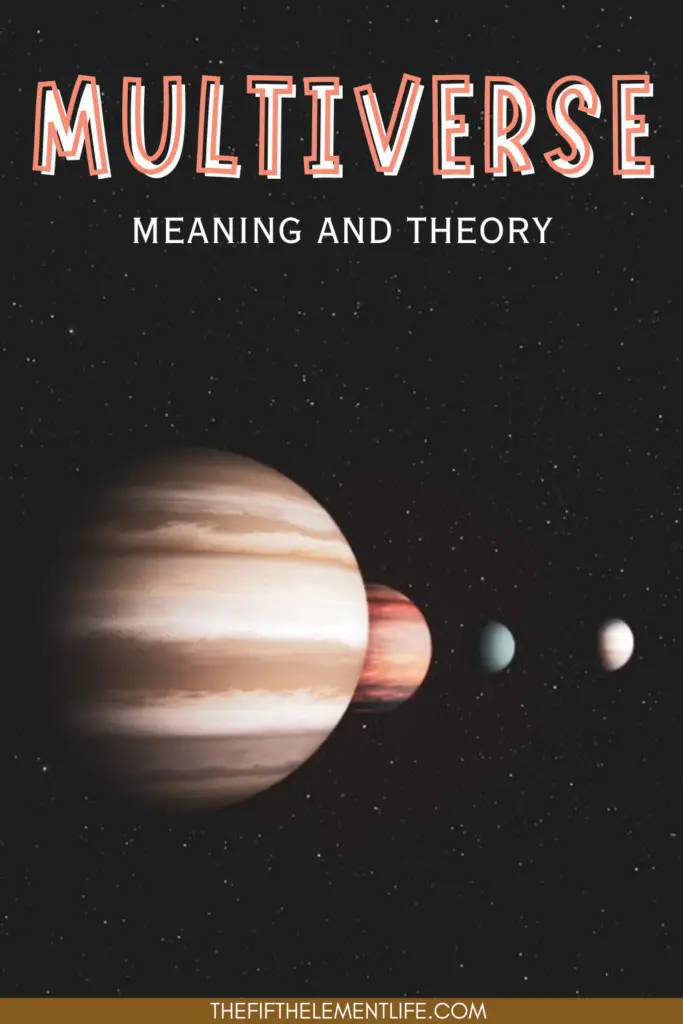
What would you do if someone told you that there was potentially an exact copy of you in some other place – the same weight, the same age, the same size, and all the other attributes that make you unique but exactly the same?
What would be your reaction to two exact ‘copies’ of you somewhere out there? Or even three? Would you be excited or scared?
Whatever feeling this thought ignites in you, you’re sure to embark on a ride of your life in this article.
With this in mind, we are going to explore everything you need to know about the multiverse right here.
Let’s get straight into it!
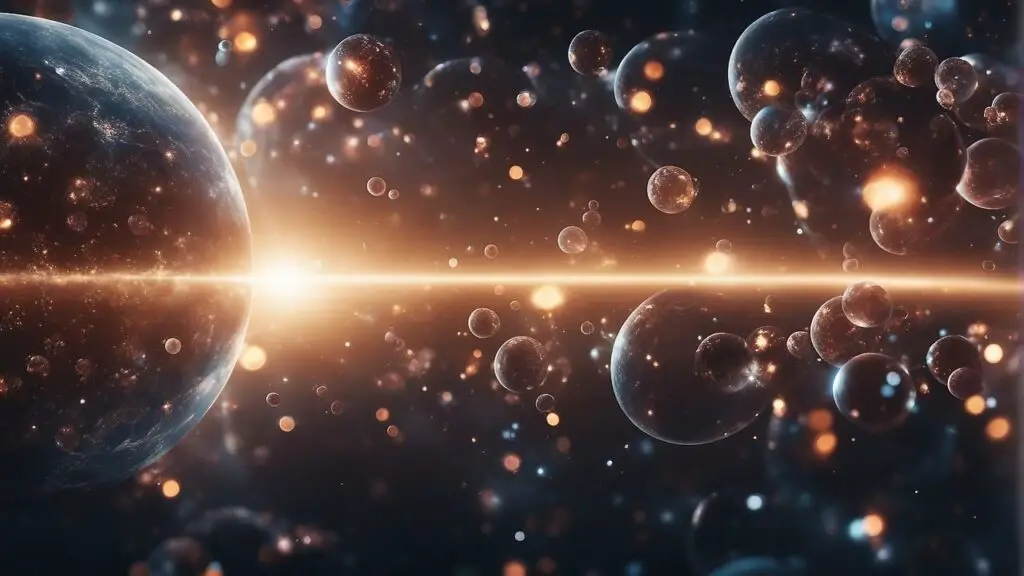
What Is A Universe?
To first understand the complexities of the multiverse, we need to fully comprehend what the term ‘universe’ consists of.
When thinking of the universe, many things come to mind, some would even say all things come to mind since that is what it essentially is: an all-encompassing entity.
From galaxies, stars, planets, and solar systems to humans, plants, animals, molecules, compounds, protons, electrons, and atoms – the universe is made up of everything in our realities.
RELATED: How Was The Universe Created?
As you gaze up at the night sky, you’ll be able to see thousands of various stars and celestial bodies, sometimes, if you’re lucky, a galaxy or cluster, too.
If you take things one step further and introduce a telescope into the mix, then you’ll be able to see celestial objects situated millions of kilometers away.
With the most powerful instrument of observation, you’re even able to see the earliest stars in the universe and the remnants of the Big Bang.
How Does The Big Bang Interlink Here?
In terms of astronomy, the Big Bang is described as being the beginning point of the universe’s timeline.
According to the theory, the universe started at one point and expanded out to become what it is. In fact, it continues to expand today!
As such, when thinking about the universe, we typically consider the Big Bang – which occurred approximately 13.8 billion years ago – to be the starting point of everything.
Although, what happens if the Big Bang didn’t influence the beginning of space and time, but only the starting point for our universe?!
RELATED: What Caused The Big Bang?
What Is The Multiverse?
This is where the theory of the multiverse comes into play.
Here, the theory implies that our universe – the one which consists of billions and billions of galaxies, planets, and stars, and extends billions of light-years away – is not the only universe that exists.
Somewhere, there could potentially be another universe completely the same but different from ours in terms of natural laws.
Something that may even blow your mind further is that there may not only be one but an infinite number of such universes, too.
All of such universes differ from one another and contain millions of different celestial bodies, and potentially intelligent life forms, too – the same as our universe.
Here, multiverse theory suggests that our universe isn’t the only universe to exist but it is a member of an infinite magnitude of universes.
The multiverse is an idea that arose from the popular and widely known theory – the inflation theory. It was developed in 1980 and contributed information to the Big Bang where gaps were missing.
While the Big Bang theory offers a reasonable explanation of the universe’s origins, there are three problems that it doesn’t explain.
Firstly, it doesn’t address the universe’s flat geometry.
Plus, it doesn’t take into consideration the horizon problem and monopole issues interlinked with the universe.
Therefore, the theory doesn’t explain why the universe’s structure contains so much homogeneity.
Multiverse Theories
One of the most scientifically accepted theories comes from the concept of inflationary cosmology.
This is the idea that during the minuscule moments after the big bang, the universe was exponentially and rapidly growing.
This theory helps to explain some of the observations in the universe, including the distribution of galaxies and their structure.
One of the many predictions that came along with this theory was that inflation could take place over and over again in the universe – even infinitely!
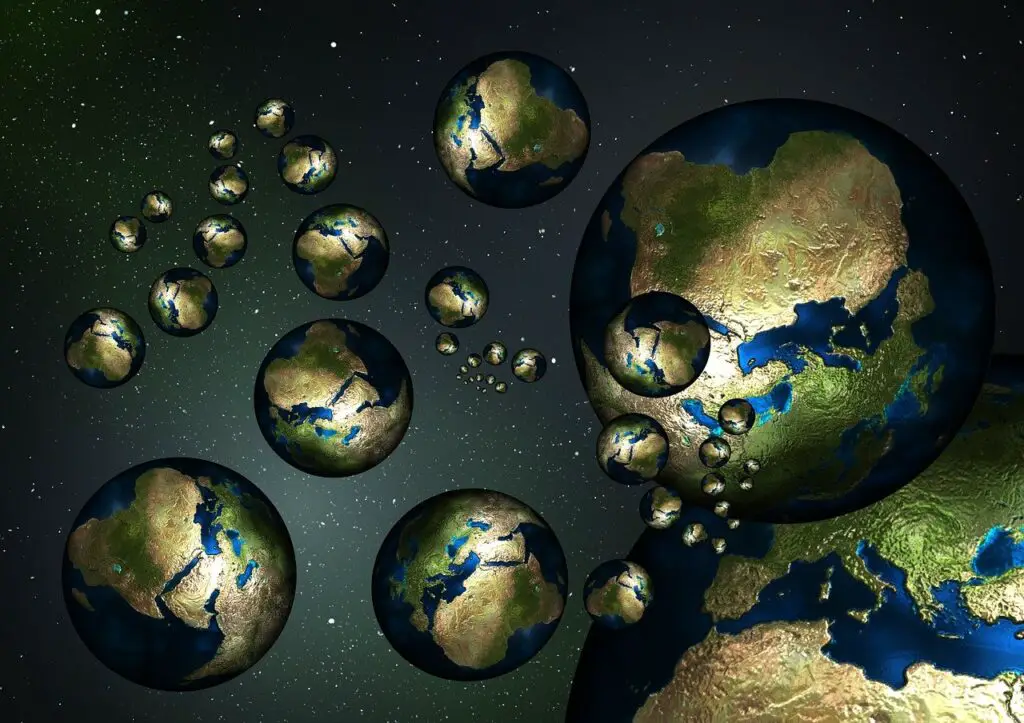
This creates a constellation known as bubble universes.
While these bubbles won’t contain all the same properties – physics may behave differently in some, others could be similar to our universe.
That said, they all exist beyond the realm of our observation.
Is There Direct Evidence Of The Multiverse?
While there are particular features of the universe that would suggest the multiverses exist, there has been no direct observation that would suggest its existence.
Thus far, such evidence has only been theoretical and even philosophical.
While some scientists believe that the Big Bang was the result of some grand cosmic coincidence that allowed our universe to become perfectly balanced, others believe that multiple universes exist, and ours simply contain the required characteristics for our survival.
Some scientists even argue whether or not the multiverse could be an empirically testable theory.
Here, some people would attest that it isn’t since by definition the multiverse is dependent on our universe, thus, impossible to access.
That said, maybe the correct tests simply haven’t been figured out yet.
Final Thoughts
The sheer expanse of the universe can sometimes be difficult to deliberate and come to terms with.
Although, with so much space, it’s hard to imagine humans are the only intelligent beings inhabiting space.
This is where the idea of the multiverse comes from. Essentially, it suggests that multiple universes exist which may or may not contain similar characteristics to ours.
Hopefully, this guide has informed you about everything you need to know about the multiverse.
- 49 Unique Self-Care Kit Ideas For Your Well-Being - February 14, 2024
- 85 Exciting And Encouraging Quotes About Trying New Things In Life To Inspire That First Step - February 14, 2024
- 125 Inspiring You Are Amazing Quotes For Yourself And The Special People In Your Life - February 14, 2024

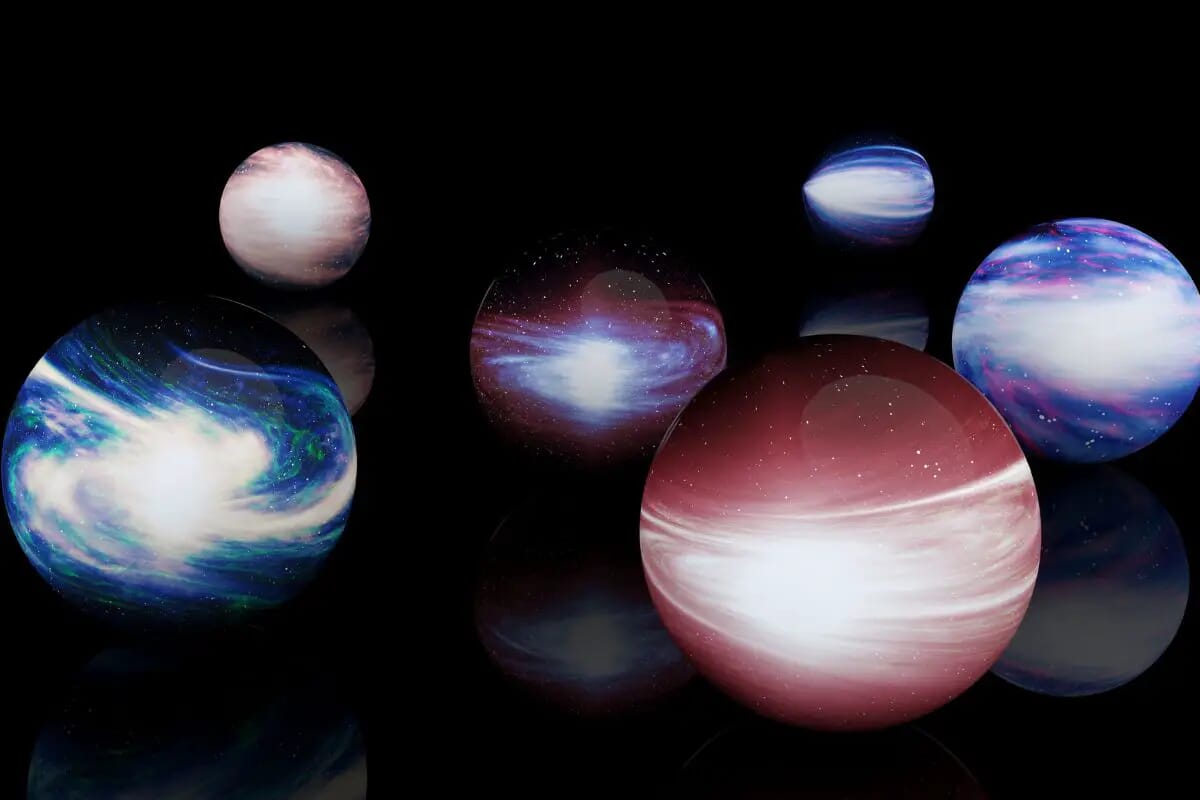

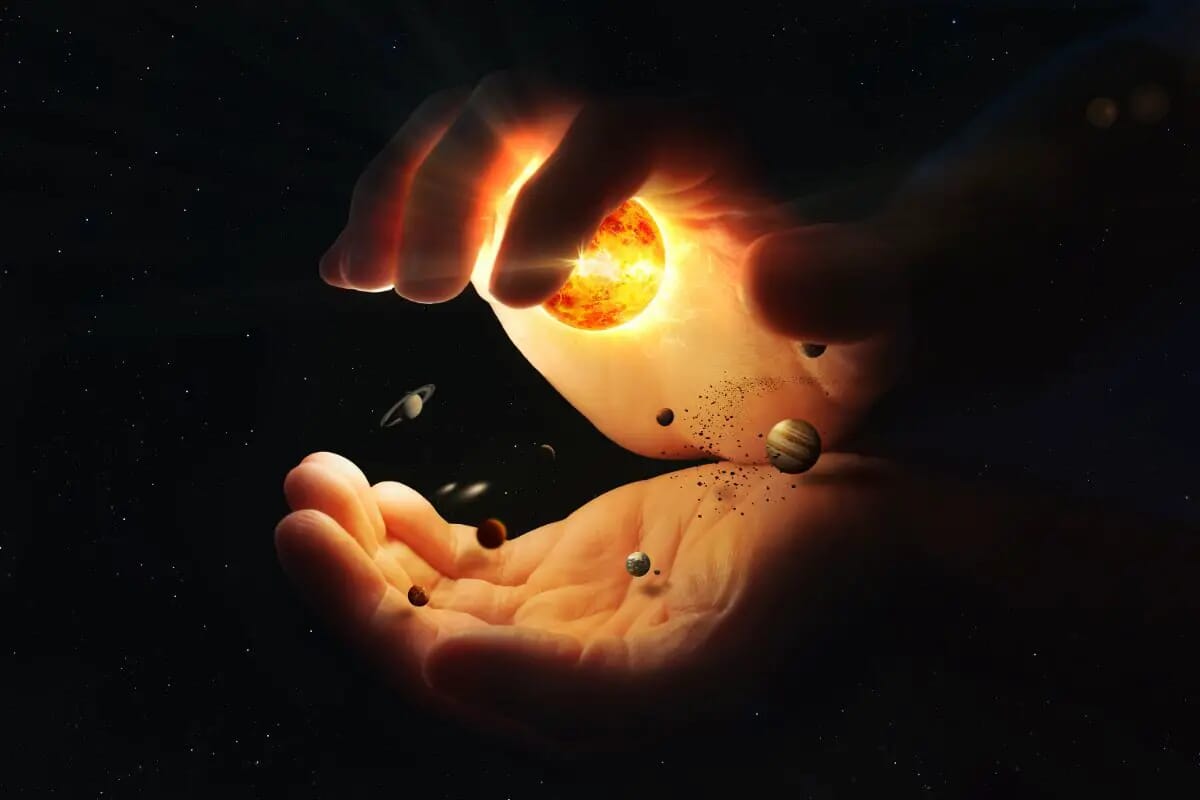


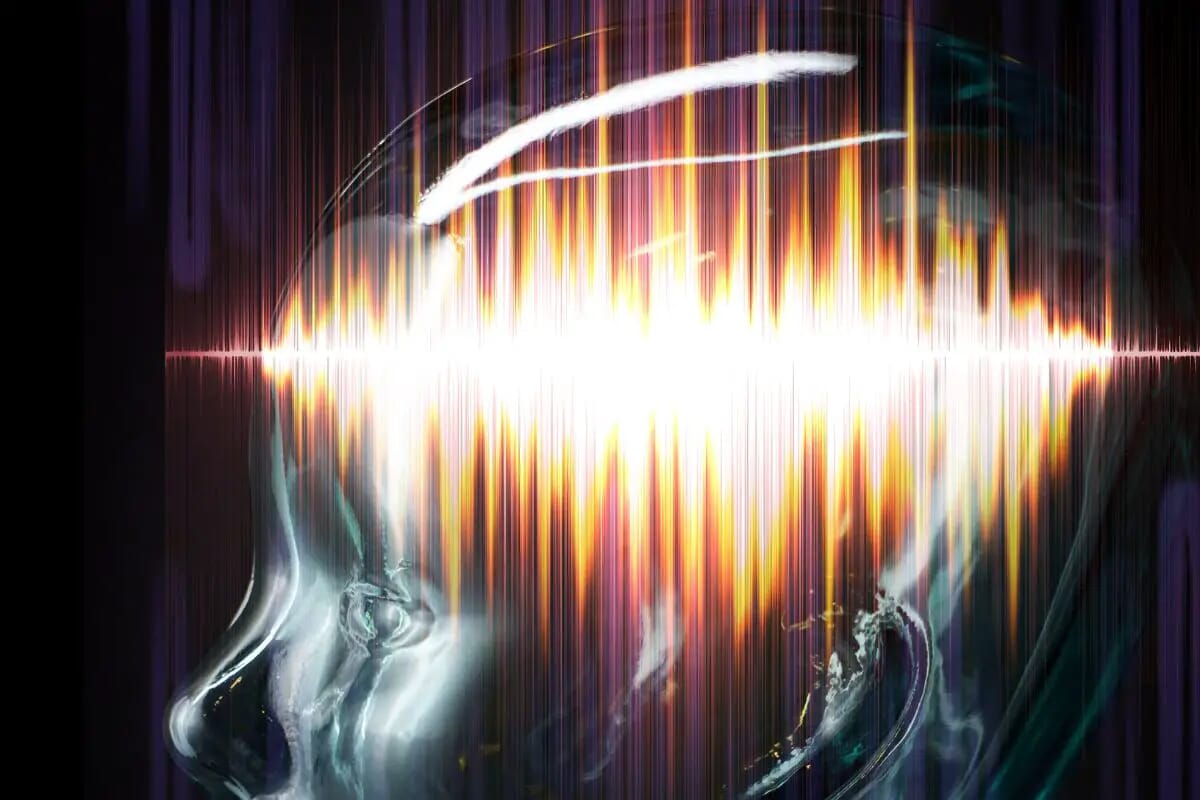
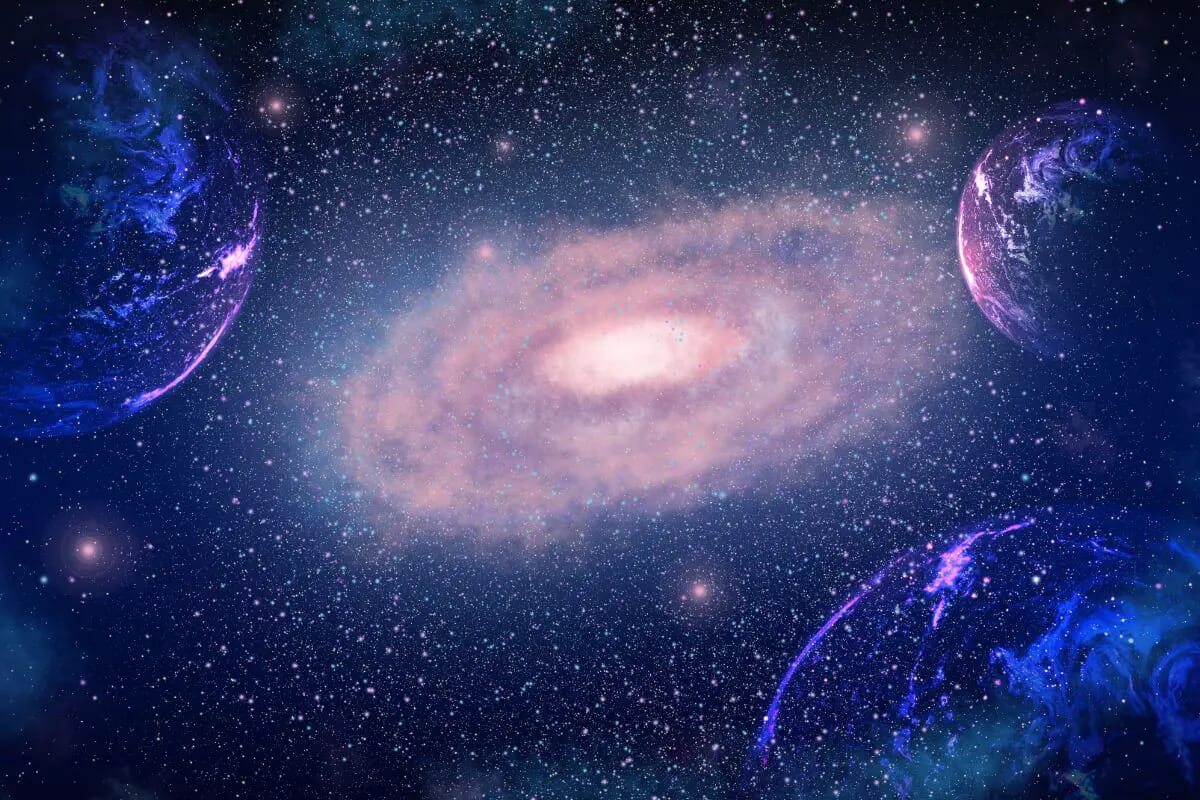
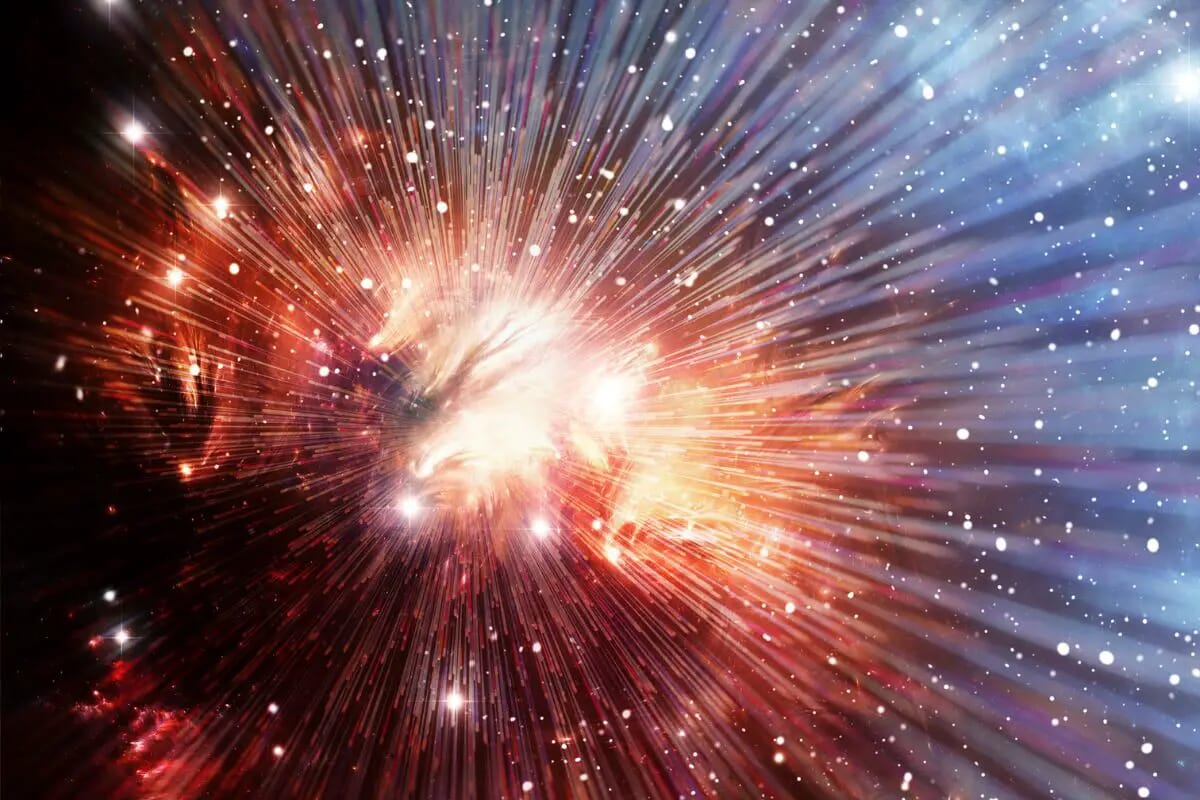

It’s really a great and helpful piece of information. I’m glad that you shared this helpful information with us. Please keep us up to date like this. Thanks for sharing.
Hi my friend! I wish to say that this article is amazing, nice written and include approximately all significant infos. I’d like to look more posts like this .
Well I definitely liked studying it. This post provided by you is very useful for good planning.
you’re really a good webmaster. The site loading speed is incredible. It seems that you’re doing any unique trick. Moreover, The contents are masterwork. you have done a excellent job on this topic!
I am really impressed with your writing skills and also with the layout on your weblog. Is this a paid theme or did you modify it yourself? Anyway keep up the excellent quality writing, it’s rare to see a nice blog like this one nowadays..
Thanks for another wonderful post. Where else could anyone get that type of information in such a perfect way of writing? I’ve a presentation next week, and I’m on the look for such info.
I really appreciate this post. I’ve been looking everywhere for this! Thank goodness I found it on Bing. You have made my day! Thank you again
I’m still learning from you, but I’m making my way to the top as well. I certainly liked reading everything that is posted on your site.Keep the information coming. I enjoyed it!
As I website possessor I believe the content matter here is rattling wonderful , appreciate it for your hard work. You should keep it up forever! Best of luck.
Thank you for any other magnificent post. Where else could anyone get that type of information in such an ideal manner of writing? I’ve a presentation subsequent week, and I am on the look for such information.
I like the valuable info you provide in your articles. I’ll bookmark your weblog and check again here frequently. I’m quite certain I’ll learn many new stuff right here! Best of luck for the next!
It’s really a great and helpful piece of information. I am glad that you shared this useful info with us. Please keep us informed like this. Thanks for sharing.
I appreciate, lead to I found exactly what I used to be taking a look for. You have ended my 4 day long hunt! God Bless you man. Have a great day. Bye
excellent put up, very informative. I ponder why the other specialists of this sector don’t understand this. You must proceed your writing. I’m sure, you’ve a huge readers’ base already!
I feel that is one of the most significant info for me. And i’m happy reading your article. But wanna statement on few common things, The web site taste is wonderful, the articles is truly excellent : D. Excellent activity, cheers
I have not checked in here for some time since I thought it was getting boring, but the last several posts are great quality so I guess I’ll add you back to my daily bloglist. You deserve it my friend 🙂
I think other web site proprietors should take this website as an model, very clean and excellent user genial style and design, as well as the content. You’re an expert in this topic!
Pretty section of content. I just stumbled upon your blog and in accession capital to assert that I acquire actually enjoyed account your blog posts. Any way I will be subscribing to your augment and even I achievement you access consistently fast.
I like the valuable info you provide in your articles. I’ll bookmark your weblog and check once more here frequently. Good luck for the next!
You made some decent points there. I regarded on the internet for the difficulty and found most individuals will associate with along with your website.
I am constantly searching online for posts that can assist me. Thx!
Good write-up, I am normal visitor of one’s web site, maintain up the excellent operate, and It is going to be a regular visitor for a lengthy time.
I used to be very happy to find this internet-site.I needed to thanks in your time for this wonderful read!! I positively having fun with each little bit of it and I’ve you bookmarked to take a look at new stuff you weblog post.
Heya i’m for the first time here. I came across this board and I find It truly useful & it helped me out much. I hope to give something back and help others like you helped me.
Well I really liked reading it. This information provided by you is very effective for good planning.
Its like you read my mind! You seem to know so much about this, like you wrote the book in it or something. this is excellent blog. A great read. I will definitely be back.
you’re really a good webmaster. The web site loading speed is incredible. It seems that you’re doing any unique trick. Also, The contents are masterpiece. you’ve done a magnificent job on this topic!
Good blog! I really love how it is easy on my eyes and the data are well written. I’m wondering how I might be notified whenever a new post has been made. I’ve subscribed to your RSS feed which must do the trick! Have a great day!
Hey there! This post could not be written any better! Reading this post reminds me of my old room mate! He always kept talking about this. I will forward this article to him. Fairly certain he will have a good read. Thanks for sharing!
WONDERFUL Post.thanks for share..extra wait .. …
Thanks a lot for sharing this with all of us you actually know what you’re talking about! Bookmarked. Kindly also visit my web site .
Hi there, I found your website by means of Google at the same time as searching for a related subject, your web site got here up, it seems to be great. I’ve bookmarked it in my google bookmarks.
Thank you for sharing superb informations. Your web site is very cool. I am impressed by the details that you have on this website. It reveals how nicely you perceive this subject. Bookmarked this website page, will come back for extra articles. You, my friend, ROCK! I found just the information I already searched everywhere and simply could not come across. What a great web site.
Wow! This could be one particular of the most helpful blogs We have ever arrive across on this subject. Actually Wonderful. I’m also a specialist in this topic so I can understand your effort.
I just could not depart your site prior to suggesting that I really enjoyed the standard info a person provide for your visitors? Is going to be back often in order to check up on new posts
I’m really impressed with your writing skills as well as with the layout on your blog. Is this a paid theme or did you modify it yourself? Anyway keep up the excellent quality writing, it is rare to see a great blog like this one nowadays..
WONDERFUL Post.thanks for share..extra wait .. …
very nice submit, i definitely love this website, keep on it
Hi there, I found your website via Google while looking for a related topic, your web site came up, it looks good. I have bookmarked it in my google bookmarks.
Helpful info. Fortunate me I discovered your site unintentionally, and I am shocked why this twist of fate didn’t took place earlier! I bookmarked it.
I’ve recently started a site, the info you offer on this site has helped me greatly. Thank you for all of your time & work.
Spot on with this write-up, I actually assume this website needs far more consideration. I’ll most likely be once more to read rather more, thanks for that info.
I’ve been surfing online more than three hours today, yet I never found any interesting article like yours. It’s pretty worth enough for me. In my opinion, if all web owners and bloggers made good content as you did, the web will be a lot more useful than ever before.
Hey there, You’ve done an excellent job. I will definitely digg it and personally suggest to my friends. I am confident they will be benefited from this website.
Great website. Plenty of useful information here. I am sending it to some pals ans additionally sharing in delicious. And naturally, thank you to your effort!
I have been checking out a few of your articles and i can claim pretty clever stuff. I will make sure to bookmark your blog.
Good post but I was wanting to know if you could write a litte more on this subject? I’d be very grateful if you could elaborate a little bit further. Appreciate it!
you’re truly a excellent webmaster. The site loading speed is incredible. It kind of feels that you are doing any distinctive trick. In addition, The contents are masterwork. you’ve done a fantastic job in this subject!
This really answered my drawback, thank you!
I’d have to check with you here. Which is not one thing I usually do! I get pleasure from reading a submit that will make folks think. Also, thanks for permitting me to comment!
Pretty nice post. I just stumbled upon your blog and wished to say that I’ve really enjoyed browsing your blog posts. In any case I’ll be subscribing to your feed and I hope you write again soon!